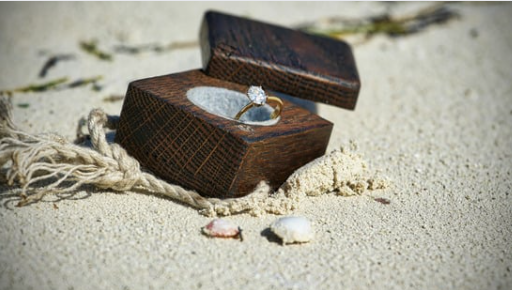tsavvy
Shiny_Rock
- Joined
- Mar 12, 2008
- Messages
- 325
I''m interested in putting together some tools for gem identification to augment some other purchases and would appreciate some input/guidance. There are a few on-line that look decent without being really expensive - does anyone have experience with the following kits or recommendations for a good kit?
Rio Grande - Gem ID Starter Kit $135 This one seems pretty basic, but may be adequate initially.
-Chelsea filter
-Color corrected loupe
-Calcite dichroschope
Pretty Rock - Study Gem ID Kit $475 I''m leaning toward this one - it seems like the best deal under $500.
-Gem Lab Refractometer
-10gm Bottle RI Liquid
-PR Travel Specific Gravity Kit
-Tabletop Polariscope
-Pocket Spectroscope
-Pocket Dichroscope
-Jadeite Filter
Pretty Rock - Travel Gem ID Kit $150
-Pocket Polariscope
-Pocket Dichroscope
-Jadeite Filter
Rio Grande - Gem ID Starter Kit $135 This one seems pretty basic, but may be adequate initially.
-Chelsea filter
-Color corrected loupe
-Calcite dichroschope
Pretty Rock - Study Gem ID Kit $475 I''m leaning toward this one - it seems like the best deal under $500.
-Gem Lab Refractometer
-10gm Bottle RI Liquid
-PR Travel Specific Gravity Kit
-Tabletop Polariscope
-Pocket Spectroscope
-Pocket Dichroscope
-Jadeite Filter
Pretty Rock - Travel Gem ID Kit $150
-Pocket Polariscope
-Pocket Dichroscope
-Jadeite Filter











300x240.png)